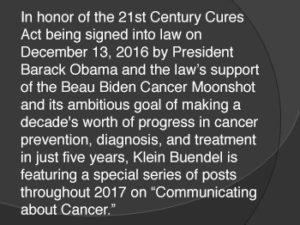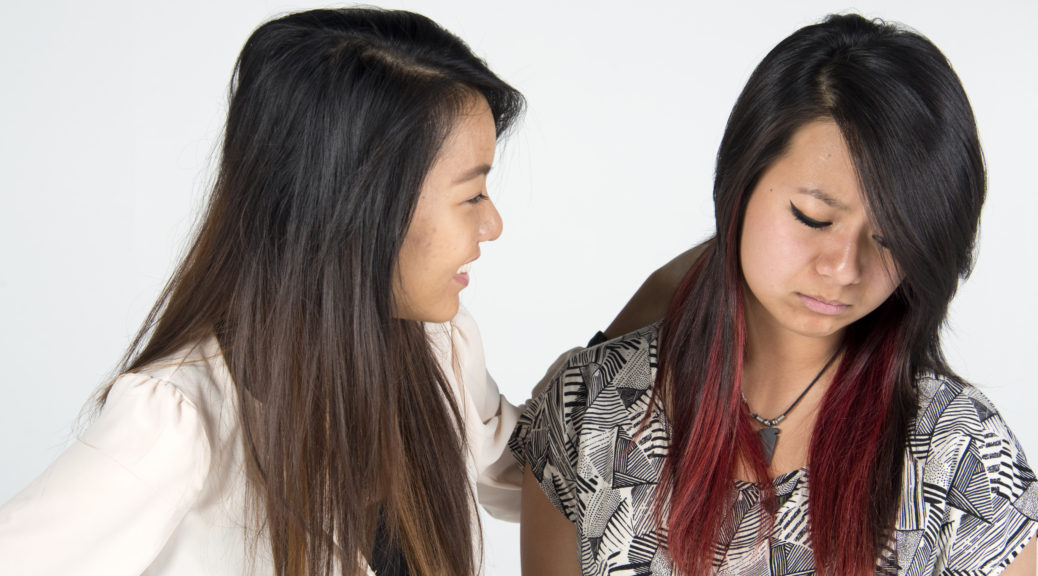Managing Emotions: Part 3
Emotional Disclosure
Sadness, joy, anger, surprise. Emotions are a natural part of human nature. Humans are wired with chemicals and connections which allow us to feel and react to life’s events.
Positive and negative emotions are an inevitable part of a cancer experience. Sometimes, it can be beneficial to share our emotions because it alleviates some of the stress of attempting to hide true feelings.
Even though it can be helpful, it can also be challenging for some people to disclose their emotions or feelings.
Practice Emotional Disclosure
- Reflect on 3 experiences in the past few weeks that have felt overwhelming or had a lasting effect on your overall mood.
- Choose a person with which to disclose these three experiences. Often it will likely be a spouse or person significantly involved in your current struggle.
- Tell your partner something similar to the following statement:
- “I have something I have to get off my chest. For these things, please try to put yourself in my position. I hope this helps you gain an understanding of what my experience has been like. For this, I would like for you to just listen without problem-solving, reassuring me, or giving advice. This is just for me to get some emotions out which have been difficult for me to keep in.
- With as much detail as possible, describe your 3 experiences from the last few weeks with pauses to give your partner chances to respond or ask questions. Be sure to include both the story and the emotions involved in your experiences.
- If you are able, offer chances for your partner to share similar experiences.

This research project was funded by a grant from the National Cancer Institute (CA144235; Dr. Wayne Beach, San Diego State University, Principal Investigator). Co-investigators included Dr. David Dozier from San Diego State University, and Mary Buller, Dr. Valerie Myers, and Dr. David Buller from Klein Buendel, Inc.
